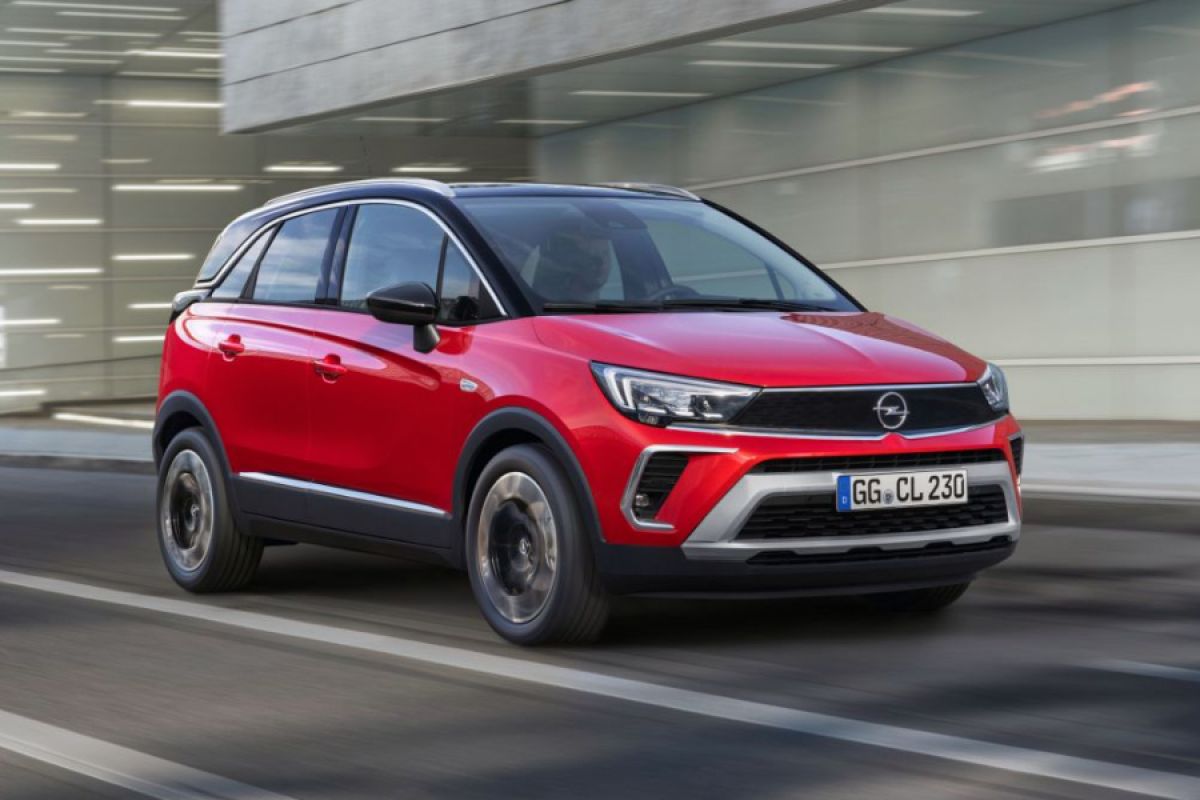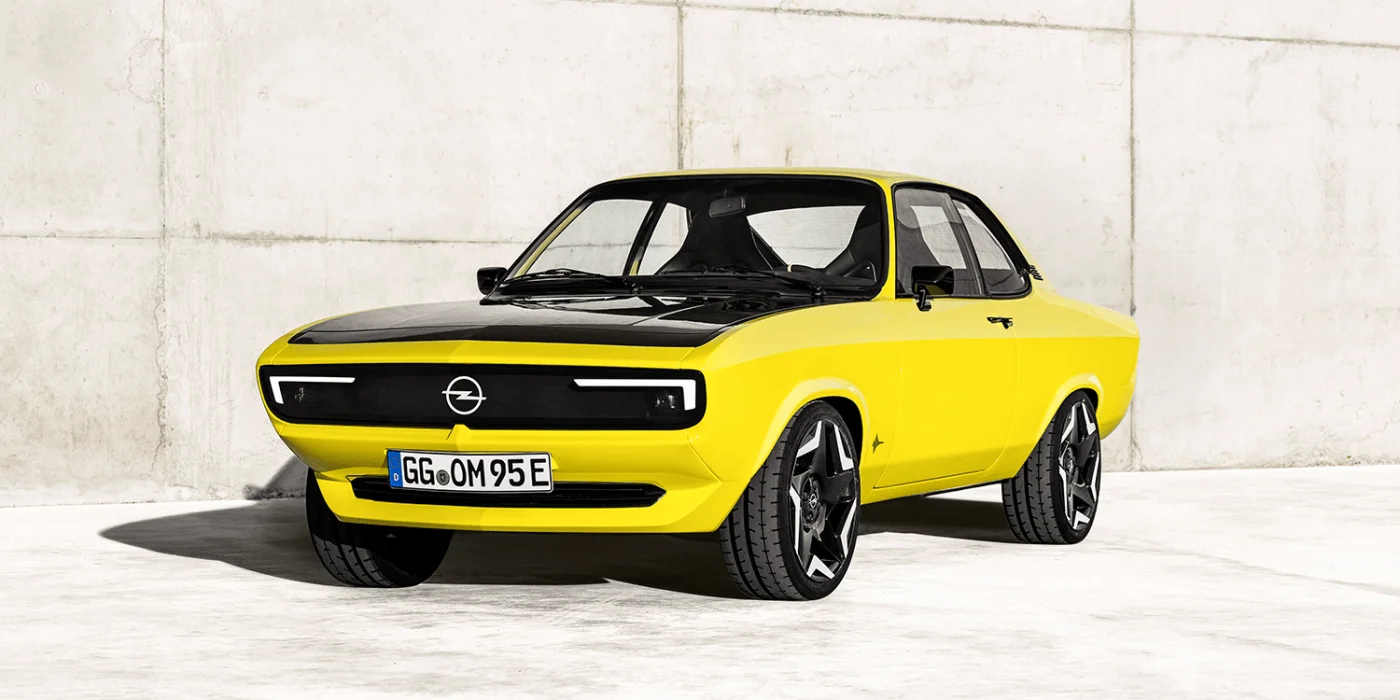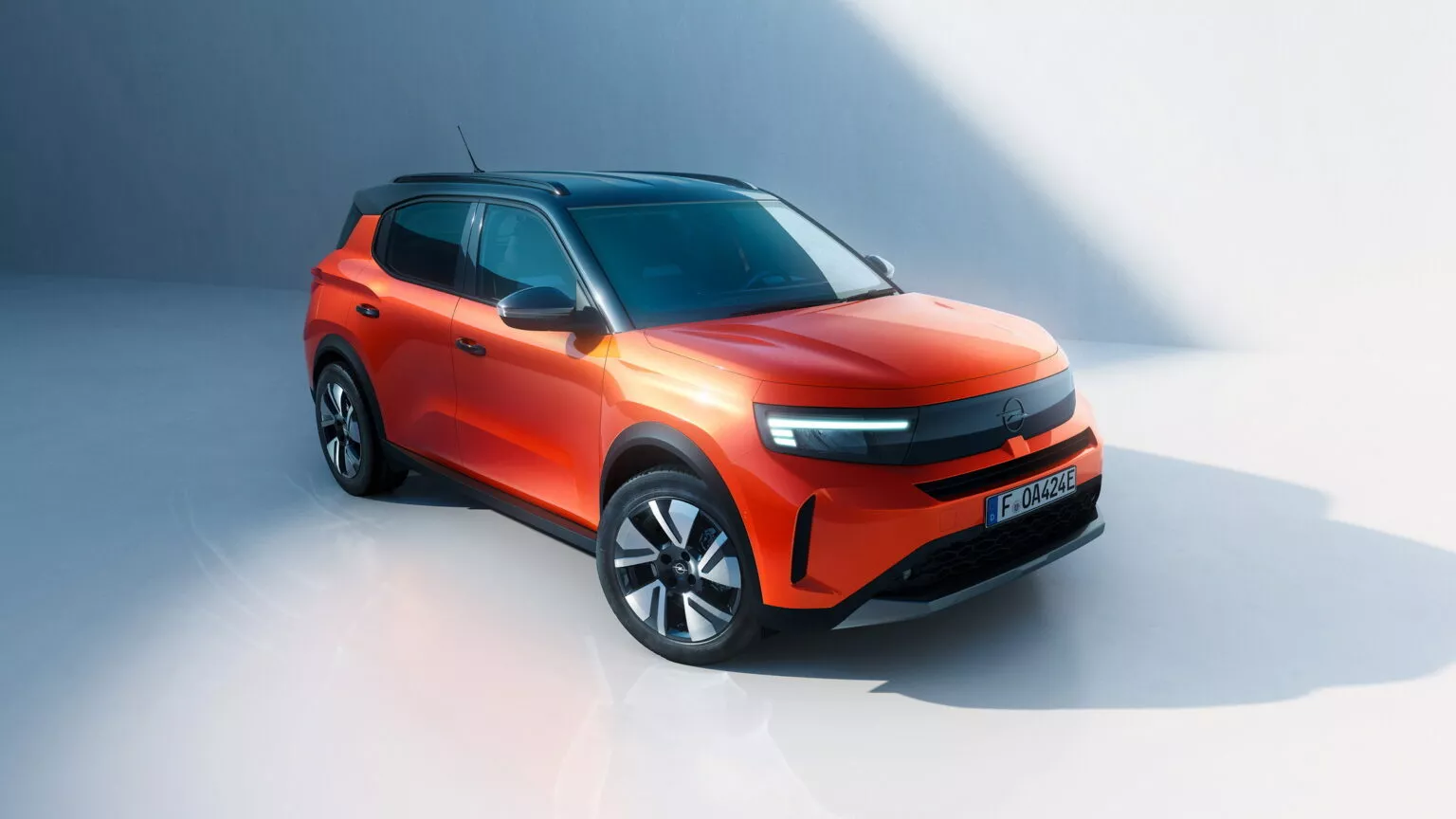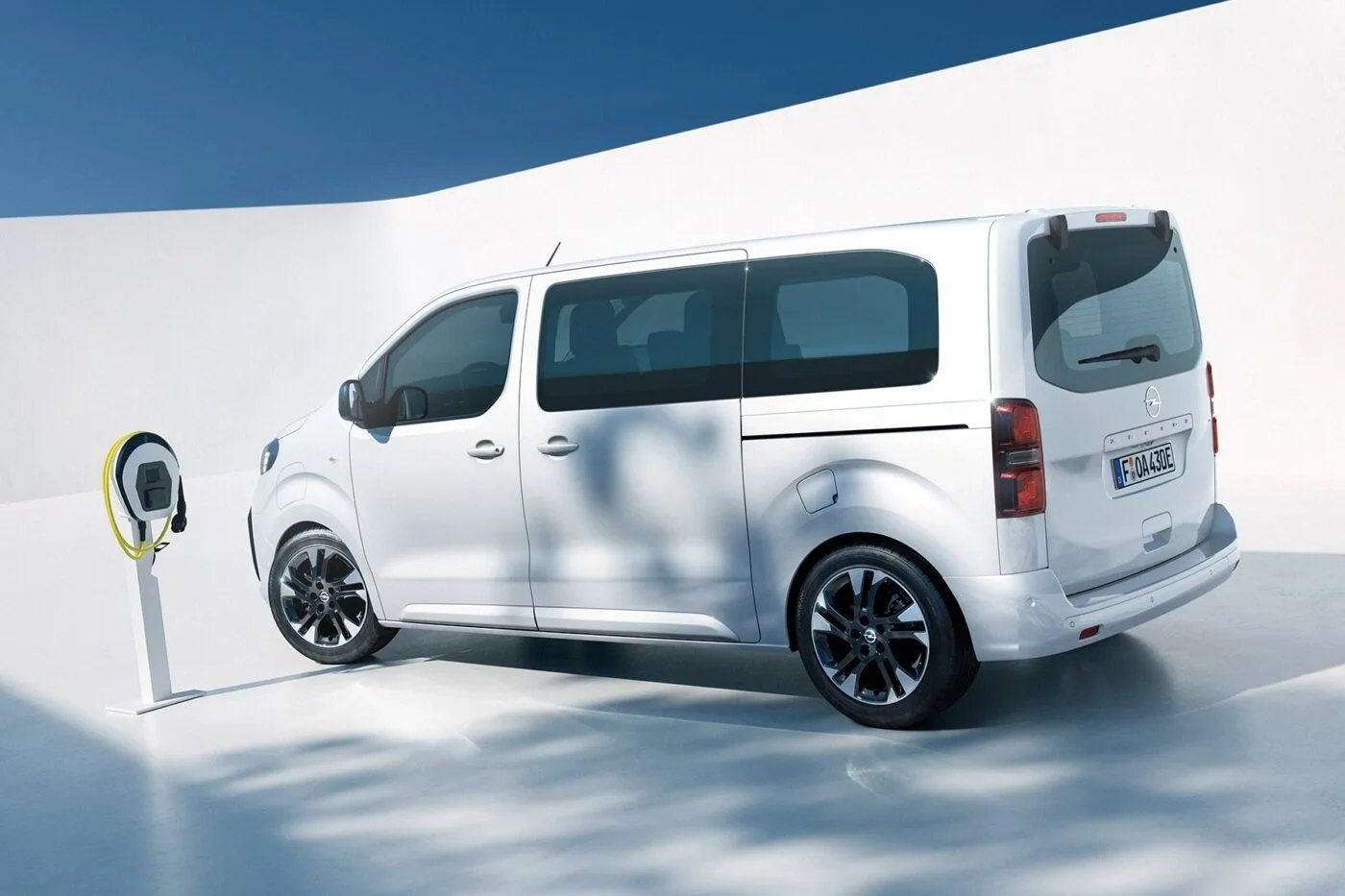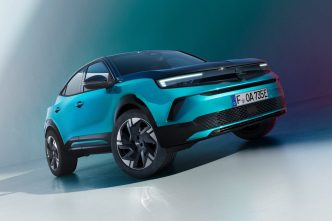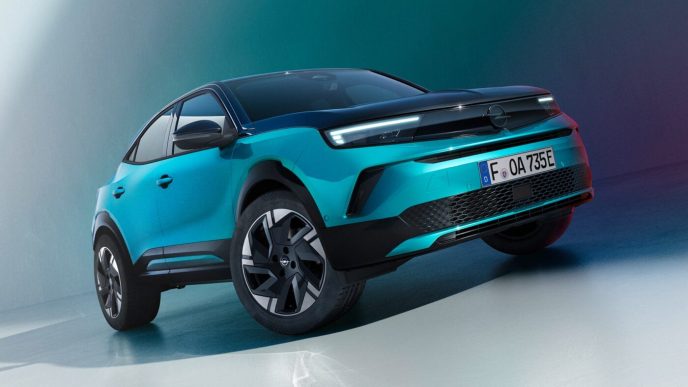Opel, a subsidiary of Stellantis, is contemplating the development of an entry-level electric vehicle (EV) that could be more compact and cost-effective than their Corsa supermini. Priced at around €25,000 ($26,500), this yet-to-be-named model is poised to enter the competitive urban EV segment, challenging a host of upcoming rivals, including the Citroen e-C3, Fiat Panda, Renault 5, Kia EV2, and VW ID.1/ID.2.
Opel’s prior entry-level offerings, such as the Agila, Karl, and the more upscale Adam, have all been phased out. However, Opel’s CEO, Florian Huettl, recently acknowledged the potential for a smaller model below the Corsa, deeming it “possible.” While an official confirmation of an Opel-branded urban EV is pending, these statements hint at its potential development. A speculative rendering based on Opel’s new styling language, as introduced by the Opel Experimental concept earlier this year, offers a glimpse of how the vehicle could look.
Though specific details regarding the smaller EV’s underpinnings were not provided, it could likely leverage components from the Stellantis parts bin, possibly utilizing the budget-friendly “Smart Car” platform or the more technologically advanced STLA Small platform. The former has already been adopted by Citroen for the e-C3 and is set to underpin seven new models from Citroen and two other Stellantis brands, possibly including Fiat and Opel.
Huettl emphasized the importance of developing “new energy-dense battery chemistries” that are not only cost-effective but also lighter and smaller in size. This innovation is key to enabling Opel’s urban EV to offer a compact footprint, ample range, and interior space without inflating the price.
Affordability is a critical factor in the rapidly evolving EV landscape, as highlighted by Huettl, who noted that inexpensive EVs are increasingly attractive to consumers. Opel is targeting a price point of €25,000 ($26,500) for its next-generation electric city car, putting it in direct competition with upcoming rivals like the Renault 5 and VW ID.2, which share a similar pricing objective.
Interestingly, Huettl mentioned that achieving a €20,000 ($21,250) price tag is “unattainable” due to the cost of materials. This contrasts with the Citroen e-C3, which is slated to start at €19,990 ($21,200) with a smaller battery. VW is also targeting a similar price point for the entry-level version of its forthcoming ID.1 urban crossover, set for release in 2026. Moreover, the next-generation Fiat Panda, expected in 2024, may potentially offer an even more budget-friendly option.


